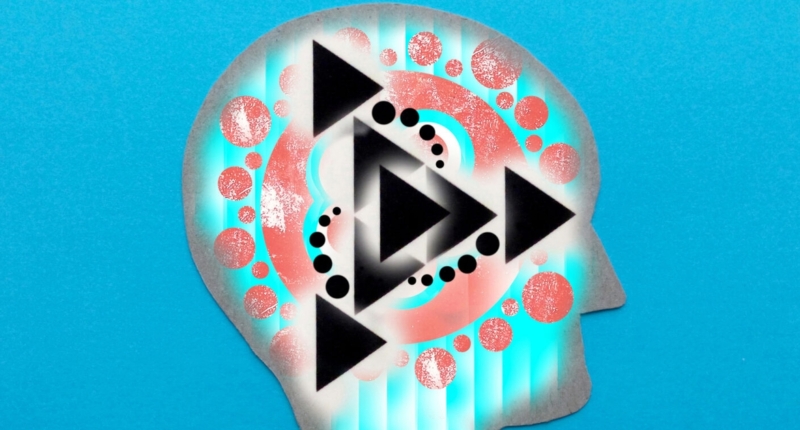A study from the Imperial College London has shed light on how dimethyltryptamine (DMT) alters communication and connectivity in the brain. The research team used advanced brain imaging techniques to map out the changes in brain activity caused by DMT. Findings showed that the drug significantly enhances connectivity across the brain and increases communication between different areas and systems. The changes in brain activity were mostly observed in areas associated with “higher-level” human-specific functions, such as imagination. The study’s findings provide valuable insights into how DMT helps overcome deep-rooted issues, and could help inform future therapeutic applications of this substance. Meanwhile, Small Pharma, a U.K.-based biotech company, is currently conducting the first major study of DMT and its potential for treating major depressive disorder (MDD).
Scientists Uncover the Effects of DMT on Brain Activity
A team of scientists from Imperial College London has recently released findings from a study detailing the effects of the psychedelic substance dimethyltryptamine (DMT) on the brain. Through advanced brain imaging techniques, the researchers were able to map out changes in brain activity associated with the drug.
Brain mapping data from 20 healthy volunteers was analyzed after the subjects received a 20mg injection of DMT. The researchers found that DMT significantly activated areas associated with imagination and other high-level functions. Additionally, DMT enhances communication and connectivity between different parts of the brain.
“This work is exciting as it provides the most advanced human neuroimaging view of the psychedelic state to-date,” said Dr. Chris Timmerman, the study’s first author who conducts research at the Centre for Psychedelic Research at Imperial College London. “What we have seen with DMT is that activity in highly evolved areas and systems of the brain that encode especially high-level models becomes highly dysregulated under the drug, and this relates to the intense drug ‘trip’.”
The duration of a typical DMT experience lasts only about 20 minutes, compared to LSD and psilocybin which can last up to six or 12 hours respectively. The intensity of the DMT experience has been likened to near-death experiences, as opposed to the more mild effects of classic psychedelics.
To conduct the study, volunteers were given a high dose of DMT intravenously while simultaneously being scanned by two types of brain imaging: functional magnetic resonance imaging (fMRI) and electroencephalography (EEG). At regular intervals during the 20-minute experience, volunteers rated the intensity of their subjective experience on a 1-10 scale.
The study’s findings provide valuable insight into how DMT alters perception of reality by changing communication and connectivity in the brain. This research marks a significant step forward in understanding the effects of psychedelics on the brain and could help to inform future therapeutic applications of these substances.
Study Shows How DMT Alters Brain Connectivity and Activity
A recent study from the Imperial College London provides valuable insights into how dimethyltryptamine (DMT) alters communication and connectivity in the brain. Advanced brain imaging techniques revealed that DMT significantly enhances connectivity across the brain and increases communication between different areas and systems. The changes in brain activity were mostly observed in areas associated with “higher-level” human-specific functions, such as imagination.
The study’s lead author, Prof. Robin Carhart-Harris, explains that the team combined two complementary methods for imaging the brain: functional magnetic resonance imaging (fMRI) and electroencephalography (EEG). This allowed them to see the whole brain, including its deepest structures, as well as view the brain’s fine-grained rhythmic activity.
These findings provide crucial insights into the mechanism behind how DMT helps overcome deep-rooted issues. Additionally, Small Pharma, a U.K.-based biotech company, is currently conducting the first major study of DMT and its potential for treating major depressive disorder (MDD).
Don’t miss interesting posts on Famousbio










